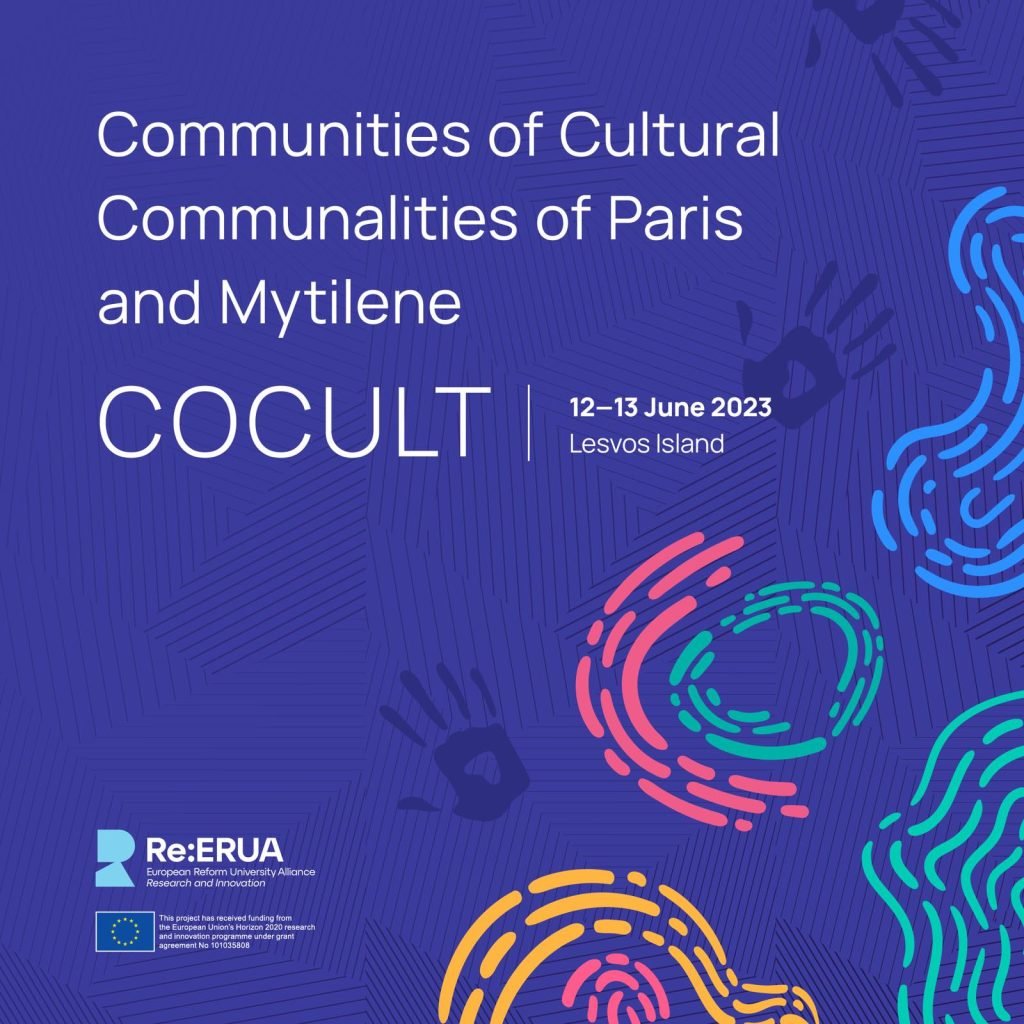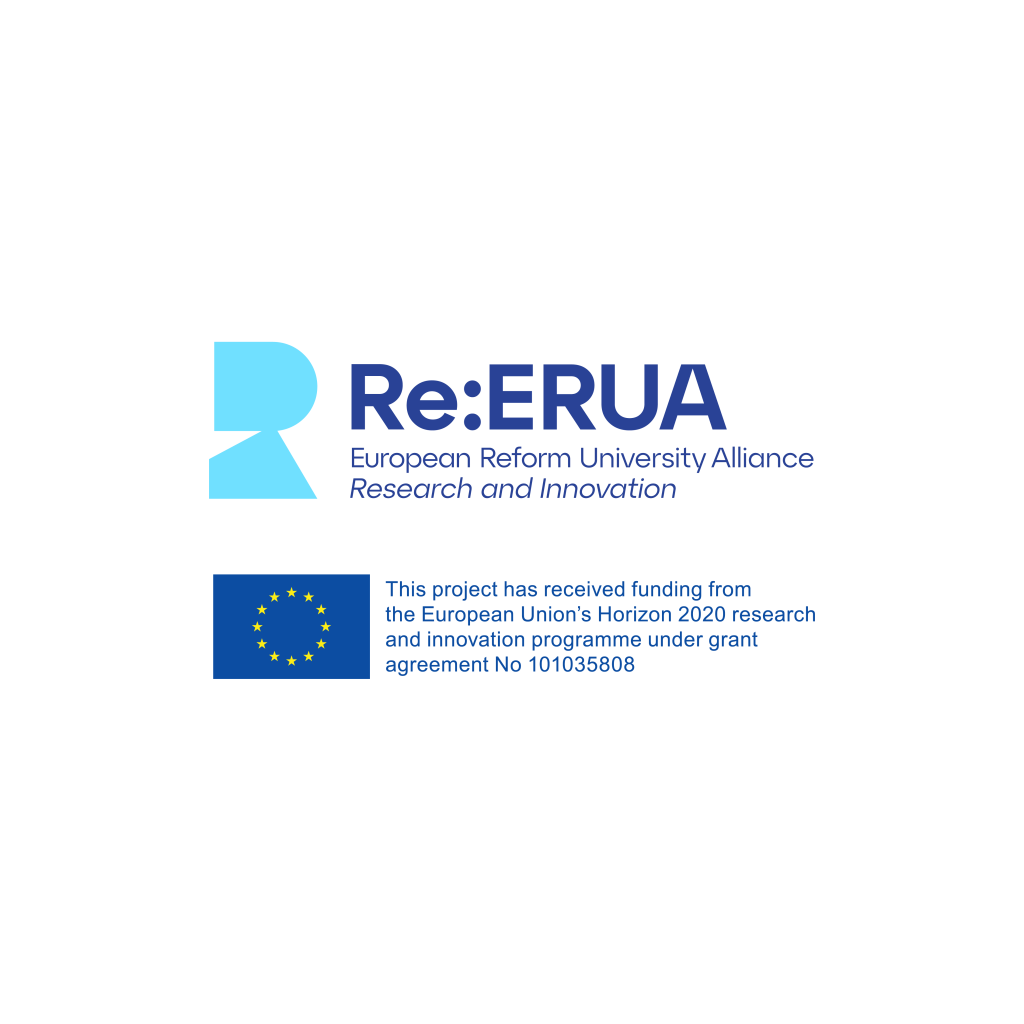The northern parts of Paris (location of Paris 8 University) and the Aegean islands (specifically Mytilene, location of the Department of Cultural Technology and Communication.) feature multicultural populations. The local population of Northern Paris is enriched by multiple communities that share cultural commonalities, while the Aegean islands have received large groups of immigrants in the past years.
Although these population groups often have limited opportunities in fields such as education, work, and healthcare, the efforts of governments and NGOs have improved their inclusion in those critical fields. Other fields though, such as cultural heritage, are often not addressed at the forefront for dealing with adverse socioeconomic factors.
Both departments of the alliance have strong bonds with cultural heritage and believe there is untapped potential to promote access to cultural diversity and build on cultural resilience. Cultural heritage is for us a value that can contribute to enriching social capital and create a sense of individual and collective belonging, which helps to maintain social and territorial cohesion. Thus, cultural heritage can play an important role as a decisive part of development strategies in socially critical areas, and groups with limited opportunities should not be excluded from it.
In addition, innovation is mapped as the first area regarding the spillover effects of culture and cultural participation (Sacco, 2011), fueled by the strong social incentives of participating communities. Based on these premises, the purpose of the project Communities οf Cultural CommonalIties of Paris and Mytilene [CoCult] is to identify ways and methods in order to better understand the cultural practices of these communities of practice and their members. We aim at studying possible manners in which cultural groups could enrich their local experience but also document their own cultural traits and expressions via participatory actions.
Within the time that the call allocates to the project, it would allow us to conduct a preliminary approach to the main research question on studying cultural practices through digital media of minorities and under-reported communities in cultural heritage. The collaborating partners, along with the involvement of local NGOs and other external stakeholders, will identify the methodologies in respect to (a) providing cultural opportunities to populations not familiar with the local culture but residing in the area and (b) allowing participatory involvement from them, by crowdsourcing techniques e.g. the sharing of immigrants’ views, stories and photos related to objects of local cultural heritage.
The project takes place in the frame of the Re:ERUA WP3- Innovation and Social Engagement and will include collaboration among the partners and the external stakeholders, the visit of each location once and the realization of workshops which will allow the sharing of techniques and methods, the involvement of representatives from the target groups, the involvement of students of both departments and finally, the dissemination of the project to the local population.


